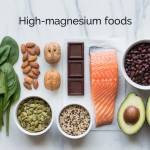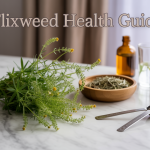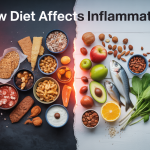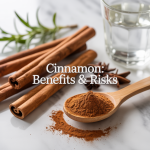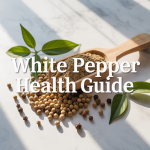Finding the right vitamin C supplement doesn’t have to be complicated. This guide is for anyone looking to boost their immune system, support collagen production, or fill nutritional gaps with the best vitamin C supplements available today.
We’ll walk you through the key factors that matter most when shopping for vitamin C supplements, from bioavailability to ingredient quality. You’ll also discover our top picks for the most effective products on the market and learn how different forms of vitamin C compare in terms of absorption and benefits.
Key Factors to Consider When Choosing Vitamin C Supplements
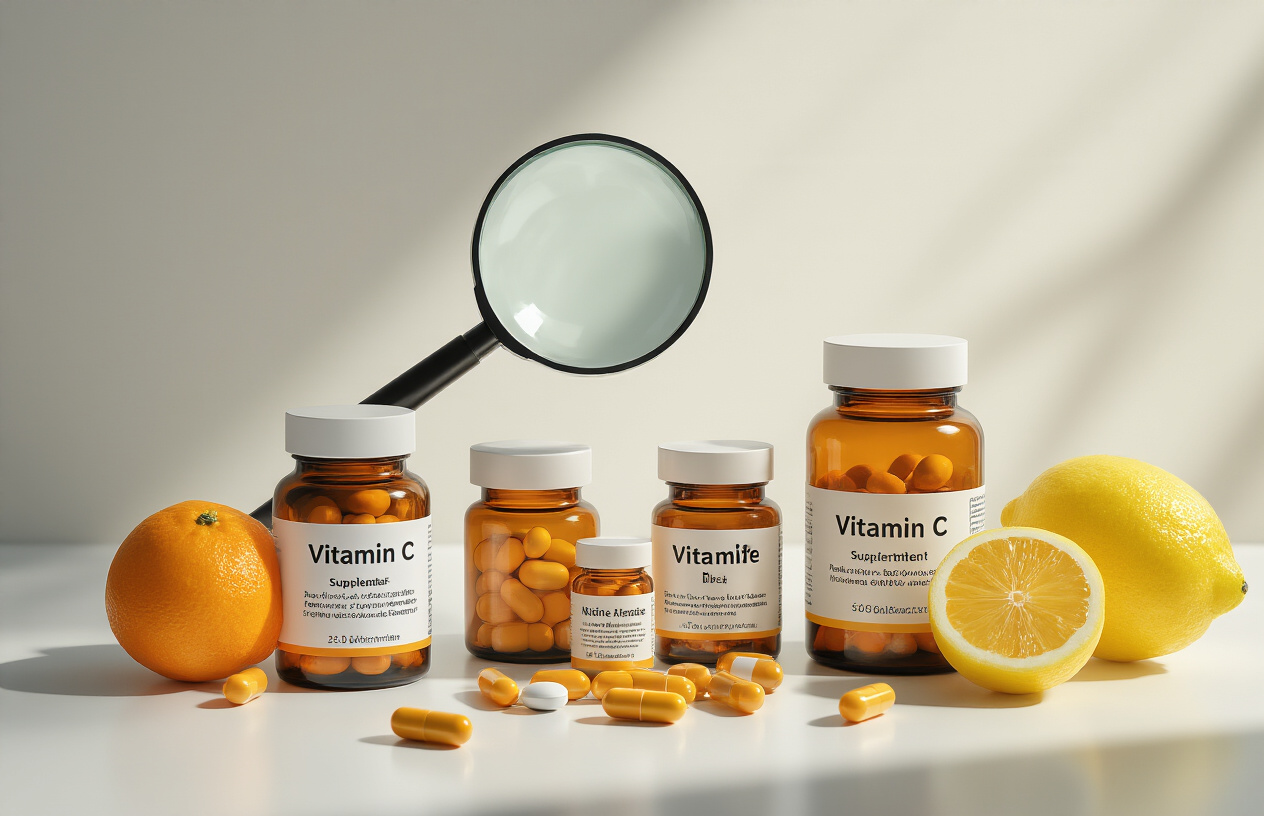
Bioavailability and Absorption Rates of Different Forms
Not all vitamin C supplements work the same way in your body. The form you choose directly affects how much your body can actually use. Standard ascorbic acid, the most common form, gets absorbed quickly but leaves your system just as fast. Your kidneys flush out excess amounts within hours, which means you might not get the sustained benefits you’re looking for.
Buffered vitamin C options like sodium ascorbate or calcium ascorbate offer gentler absorption for sensitive stomachs. These forms reduce acidity while maintaining good bioavailability. Liposomal vitamin C takes absorption to another level by wrapping the nutrient in fat molecules, allowing it to bypass digestive breakdown and deliver higher concentrations directly to your cells.
Ester-C provides extended release through its unique metabolite complex, staying in your white blood cells longer than regular ascorbic acid. Time-release formulations spread absorption over several hours, maintaining steadier blood levels throughout the day.
Dosage Requirements for Optimal Health Benefits
Your vitamin C needs depend on several personal factors. The recommended daily amount ranges from 65-90mg for adults, but many health experts suggest higher doses for optimal wellness. Smokers need an additional 35mg daily due to increased oxidative stress.
Active individuals, people under stress, or those fighting infections may benefit from doses between 500-1000mg daily. Your body’s absorption rate decreases as doses increase – you’ll absorb about 90% of a 200mg dose but only 50% of a 1200mg dose.
Split larger doses throughout the day rather than taking everything at once. This approach maximizes absorption and maintains consistent blood levels. Start with lower amounts and gradually increase to assess your tolerance.
Quality Certifications and Third-Party Testing Standards
Look for supplements that display USP (United States Pharmacopeia) verification or NSF International certification on their labels. These marks guarantee the product contains what the label claims and meets strict purity standards.
Third-party testing reveals contaminants like heavy metals, pesticides, or harmful microorganisms. Companies that voluntarily submit to independent testing demonstrate transparency and quality commitment. Check for certificates of analysis that detail specific test results.
Good Manufacturing Practice (GMP) certification ensures proper production conditions, while organic certification confirms natural sourcing methods. Avoid products with artificial colors, unnecessary fillers, or allergens that don’t align with your dietary needs.
Top-Rated Vitamin C Supplements for Maximum Effectiveness
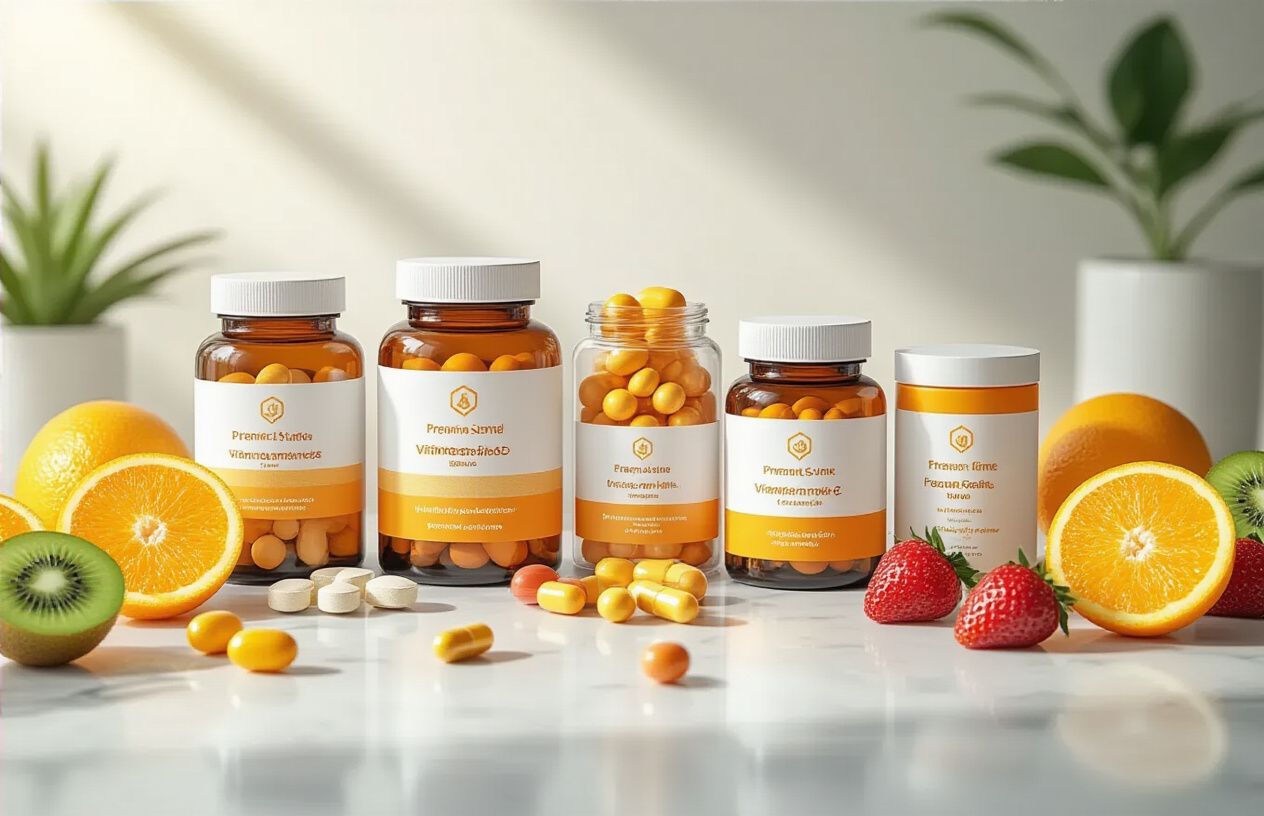
Best Overall Vitamin C Supplement for Daily Use
Nature Made Vitamin C stands out as the top choice for daily supplementation, offering 1000mg of pure ascorbic acid in easy-to-swallow tablets. This USP-verified supplement delivers consistent potency without unnecessary fillers or artificial colors. The tablets dissolve quickly for optimal absorption, making them perfect for morning routines. Users consistently report improved energy levels and fewer seasonal health issues when taking this supplement regularly.
The affordable pricing makes it accessible for long-term use, while the reliable manufacturing standards ensure each dose contains exactly what’s listed on the label. Third-party testing confirms purity and potency, giving consumers confidence in their daily health investment.
Most Potent High-Dose Formula for Immune Support
NOW Foods Vitamin C-1000 with Rose Hips delivers maximum immune system support through its powerful 1000mg formula enhanced with natural bioflavonoids. The addition of rose hips provides complementary nutrients that work synergistically with vitamin C for enhanced effectiveness. This sustained-release formula prevents the rapid elimination common with high-dose vitamin C, maintaining steady blood levels throughout the day.
During periods of increased stress or seasonal challenges, this supplement provides the therapeutic levels needed for optimal immune function. The vegetarian capsules contain no artificial preservatives, making them suitable for those following plant-based lifestyles.
Gentlest Option for Sensitive Stomachs
Doctor’s Best Vitamin C featuring Quali-C uses a buffered form of vitamin C that dramatically reduces stomach irritation while maintaining full potency. The patented Quali-C ascorbic acid undergoes additional purification steps to remove harsh acids that typically cause digestive discomfort. This makes it ideal for individuals who experience nausea or stomach upset with traditional vitamin C supplements.
The buffered formula allows for higher doses without the acidic bite, enabling sensitive individuals to receive therapeutic benefits without compromising digestive comfort. Many users find they can take this supplement on an empty stomach without any adverse effects.
Best Value Supplement for Budget-Conscious Consumers
Kirkland Signature Vitamin C provides exceptional value through bulk packaging and consistent quality at warehouse pricing. Each bottle contains a generous supply of 500mg tablets, making the cost per dose remarkably low compared to smaller brands. Despite the budget-friendly price, these tablets meet strict quality standards and provide reliable potency.
The simple formulation focuses on delivering pure vitamin C without expensive marketing or fancy packaging, passing those savings directly to consumers. This makes it an excellent choice for families or individuals who want to maintain consistent vitamin C intake without breaking the bank.
Premium Liposomal Vitamin C for Superior Absorption
LivOn Laboratories Lypo-Spheric Vitamin C represents the cutting edge of vitamin C delivery systems, using liposomal encapsulation technology to achieve absorption rates that rival intravenous administration. The phospholipid spheres protect vitamin C molecules from degradation in the digestive system, allowing them to pass directly into cells where they’re needed most.
Each packet contains 1000mg of sodium ascorbate encapsulated in essential phospholipids, creating a delivery system that bypasses typical absorption limitations. While more expensive than traditional supplements, the dramatically improved bioavailability means smaller doses achieve greater therapeutic effects, making it cost-effective for those seeking maximum benefit from their supplementation.
Comparing Different Forms of Vitamin C Supplements

Traditional Ascorbic Acid Versus Buffered Vitamin C
Ascorbic acid represents the most basic and widely available form of vitamin C supplementation. This acidic compound delivers pure vitamin C but can cause digestive upset in sensitive individuals, particularly when taken on an empty stomach. The acidity level sits around pH 2, which explains why some people experience stomach irritation or heartburn after consumption.
Buffered vitamin C offers a gentler alternative by combining ascorbic acid with mineral salts like calcium, magnesium, or sodium. These formulations raise the pH to around 7, creating a neutral solution that’s much easier on the digestive system. Popular buffered forms include calcium ascorbate, magnesium ascorbate, and sodium ascorbate.
| Form | pH Level | Best For | Potential Drawbacks |
|---|---|---|---|
| Ascorbic Acid | ~2.0 | Cost-conscious users, those with strong stomachs | May cause digestive upset |
| Buffered Vitamin C | ~7.0 | Sensitive stomachs, regular high-dose users | Slightly more expensive |
People taking large doses regularly often prefer buffered versions since they can consume higher amounts without experiencing stomach discomfort. However, those with kidney stones or specific mineral restrictions should consider the added minerals in buffered formulations before making their choice.
Time-Release Formulas for Sustained Nutrient Delivery
Time-release vitamin C supplements use specialized coating technologies to slow down the dissolution process, allowing for gradual nutrient release over several hours. Standard vitamin C gets absorbed quickly and reaches peak blood levels within 2-3 hours, but excess amounts get excreted through urine relatively fast.
Extended-release formulations aim to maintain more consistent blood levels throughout the day by releasing vitamin C in stages. This approach can help maximize absorption since the body can only absorb limited amounts at one time – typically around 200-400mg per dose depending on individual factors.
Benefits of time-release formulas:
- Reduced urinary excretion of excess vitamin C
- More stable blood levels throughout the day
- Less frequent dosing required
- Better tolerance for higher daily amounts
Potential limitations:
- Higher cost compared to immediate-release versions
- May not release properly in individuals with digestive issues
- Limited research on actual absorption advantages
Some people find that splitting regular vitamin C doses throughout the day works just as well as expensive time-release formulas, making this more of a convenience factor than a necessity.
Natural Versus Synthetic Vitamin C Sources
The debate between natural and synthetic vitamin C often creates confusion among consumers. Synthetic ascorbic acid, produced in laboratories, has the exact same molecular structure as vitamin C found in oranges or other natural sources. Your body processes both forms identically at the cellular level.
Natural vitamin C sources like acerola cherry, camu camu, or rose hips contain additional compounds called bioflavonoids, which may enhance absorption and provide complementary antioxidant benefits. These whole-food sources also include other nutrients that work synergistically with vitamin C.
Synthetic vitamin C characteristics:
- Identical molecular structure to natural vitamin C
- More concentrated and cost-effective
- Standardized potency levels
- Longer shelf life
Natural vitamin C characteristics:
- Contains supporting bioflavonoids and cofactors
- May have enhanced bioavailability
- Higher cost per milligram of vitamin C
- Often combined with other plant nutrients
Research shows minimal differences in basic vitamin C absorption between synthetic and natural sources. However, some studies suggest that natural sources with bioflavonoids might offer superior antioxidant activity and longer retention in tissues. The choice often comes down to personal preference, budget considerations, and whether you value the additional plant compounds that come with natural sources.
Proper Dosage Guidelines and Safety Considerations

Recommended Daily Allowances for Different Age Groups
The vitamin C requirements vary significantly across different life stages, and understanding these differences helps you choose the right supplement dosage. Adults aged 19 and older need 90mg daily for men and 75mg for women, while smokers require an additional 35mg due to increased oxidative stress.
Children have different needs based on their age:
- 1-3 years: 15mg daily
- 4-8 years: 25mg daily
- 9-13 years: 45mg daily
- 14-18 years: 75mg for boys, 65mg for girls
Pregnant and breastfeeding women have higher requirements, with pregnant women needing 85mg daily and nursing mothers requiring 120mg. These increased amounts support both maternal health and proper fetal development or milk production.
Maximum Safe Intake Levels and Potential Side Effects
The upper limit for vitamin C intake is set at 2,000mg per day for healthy adults. Exceeding this amount regularly can lead to uncomfortable side effects, though vitamin C toxicity is rare since it’s water-soluble and excess amounts are typically excreted through urine.
Common side effects of excessive vitamin C intake include:
- Digestive upset (nausea, diarrhea, stomach cramps)
- Kidney stone formation in susceptible individuals
- Iron overload in people with hemochromatosis
- Interference with certain medical tests
Most people can safely take doses between 500-1,000mg daily without experiencing adverse effects. However, some individuals may be more sensitive and should start with lower doses to assess tolerance.
Timing Recommendations for Optimal Absorption
Your body absorbs vitamin C most effectively when taken in smaller, divided doses throughout the day rather than one large dose. The absorption rate decreases as the amount increases – your body absorbs about 90% of a 200mg dose but only 50% of a 1,000mg dose.
Best timing practices:
- Take with meals to reduce stomach irritation
- Split daily doses into 2-3 smaller portions
- Space doses at least 4-6 hours apart
- Avoid taking large doses on an empty stomach
Morning intake works well for most people, especially if taking a single daily dose. If you’re taking higher amounts, consider splitting them between breakfast and lunch to maximize absorption while avoiding potential sleep interference.
Drug Interactions and Contraindications to Avoid
Vitamin C can interact with several medications and health conditions, making it important to consult healthcare providers before starting supplementation. The vitamin can enhance iron absorption, which benefits people with iron deficiency but poses risks for those with iron overload conditions.
Significant interactions include:
- Blood thinners: High doses may reduce warfarin effectiveness
- Chemotherapy drugs: Can interfere with certain cancer treatments
- Statins: May reduce the effectiveness of some cholesterol medications
- Aspirin: Combined use may increase stomach irritation
People with certain health conditions should exercise caution:
- Kidney disease or history of kidney stones
- Hemochromatosis or iron overload disorders
- G6PD deficiency (rare genetic condition)
- Active cancer treatment
Special considerations:
- Stop high-dose supplements before surgery (typically 2 weeks prior)
- Monitor blood sugar if diabetic, as vitamin C can affect glucose readings
- Be aware that sudden discontinuation after high doses may cause rebound scurvy
Always inform your healthcare provider about vitamin C supplementation, especially if you’re taking medications or have underlying health conditions.

Finding the right vitamin C supplement doesn’t have to be overwhelming when you know what to look for. The most important things to keep in mind are choosing a reputable brand, picking the right form for your needs, and sticking to safe dosage amounts. Whether you go with ascorbic acid for basic immune support or a buffered version if you have a sensitive stomach, quality matters more than fancy marketing claims.
Start with a moderate dose and see how your body responds before jumping into mega-doses. Remember that your body can only absorb so much vitamin C at once, so splitting your daily amount into smaller doses throughout the day works better than taking it all at once. Talk to your doctor if you’re taking other medications or have health conditions, and always choose supplements that have been tested by third parties for purity and potency.

